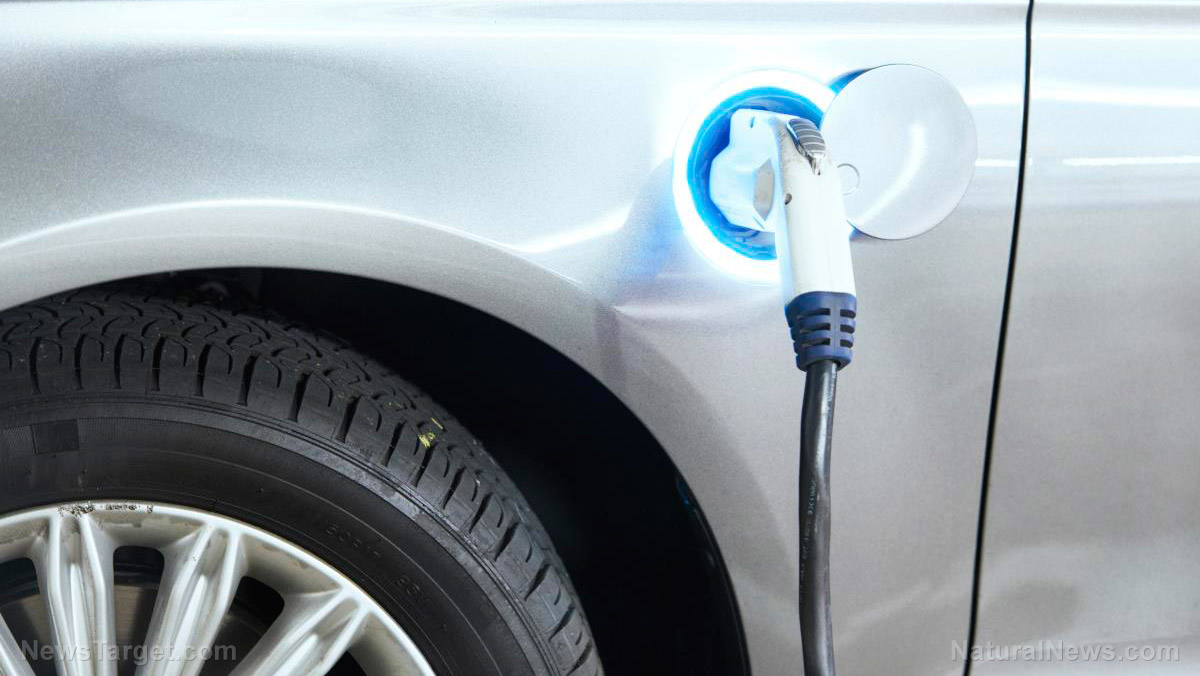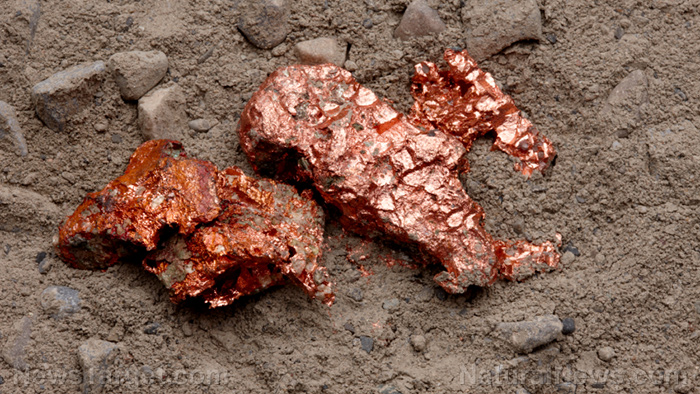
A startup in the tiny mountainous country of Switzerland promises to deliver what electric car giant Tesla Motors has failed to pull off. Its new lithium-ion battery is said to store and produce far more power for vehicles than existing designs.
Swiss company Innolith claims that an electric vehicle equipped with its lithium battery would run for up to 600 miles (966 km.) That level of performance blows its Tesla counterpart away – not that a Tesla needs any help in getting blown up.
Innolith is currently testing its lithium-ion battery in field conditions with the help of an American partner. It expects to launch the cell within three to five years.
Company spokespersons said they are waiting on the approval of the patents they have filed for their design.
The Innolith lithium-ion battery reportedly offers 1,000 watt-hours per kilogram (Wh/kg). It has nearly thrice the endurance of the Panasonic-manufactured 2170 li-ion cells that power the Tesla Model 3 electric car.
Currently, the batteries of the Model 3 give it a maximum range of 300 miles (483 km) on a full charge. If the electric vehicle equips the Innolith cells and if the Swiss design performs as advertised, its range gets doubled and its endurance gets tripled.
The U.S. Department of Energy is also working on a similar high-performance lithium-ion battery. But the American design is intended to reach 500 Wh/kg, just half of the performance of its Swiss counterpart. (Related: Why Volkswagen is going to CRUSH Tesla with rollout of dozens of well-engineered electric vehicles.)
New Swiss lithium battery ditches organic solvent for safer, better salt-like materials
"The [electric vehicle] revolution is currently stymied by the limitations of available batteries," explains Innolith chief executive officer Sergey Buchin. "Consumers want an adequate range on a single charge in an affordable [electric vehicle], and confidence that it is not going to catch fire."
Innolith attributes the higher performance of its cell design to its use of a specially designed electrolyte solvent that uses inorganic ingredients. Details remain sparse, but the inorganic solvent uses salt-like materials with higher stability.
"The absence of organic materials…removes the critical source of safety risk and chemical instability of high energy batteries," remarks Innolith CEO Alan Greenshields.
Not only does the salt-like materials give the Innolith Energy a longer charge, but they also improve the safety of people who drive electric cars, which are known to catch fire on a depressing basis.
Existing lithium-ion batteries are "wet" designs. Their electrolytes often use unstable chemicals as solvents.
The volatile chemicals are prone to reacting with the lithium in the batteries. The ensuing chemical reactions form structures called dendrites in the cell, which may damage the device and cause leaks or even electric fires.
In comparison, the improved stability of Innolith's inorganic electrolyte reduces the risk of the battery catching fire.
Just a few more years before electric cars get more juice
Electric car owners will have to wait for a few more years before they may swap out flammable lithium-ion cells for Innolith's innovative energy battery. The design remains under development in a German lab. It would take another three to five years before finally being ready for mass manufacturing.
However, Innolith did loan out one of its working prototypes to PJM Interconnection LLC for testing. The American regional transmission organization runs the power grids in 13 states and the District of Columbia.
Innolith believes that the tests performed by PJM would support its claims regarding the efficiency and safety of its Energy Battery.
The pilot phase of Innolith battery production will take place in Germany. The start-up also intends to license its technology to other manufacturers and battery companies, ensuring that the high-performance rechargeable battery will reach more users.
Sources include:
Please contact us for more information.




















